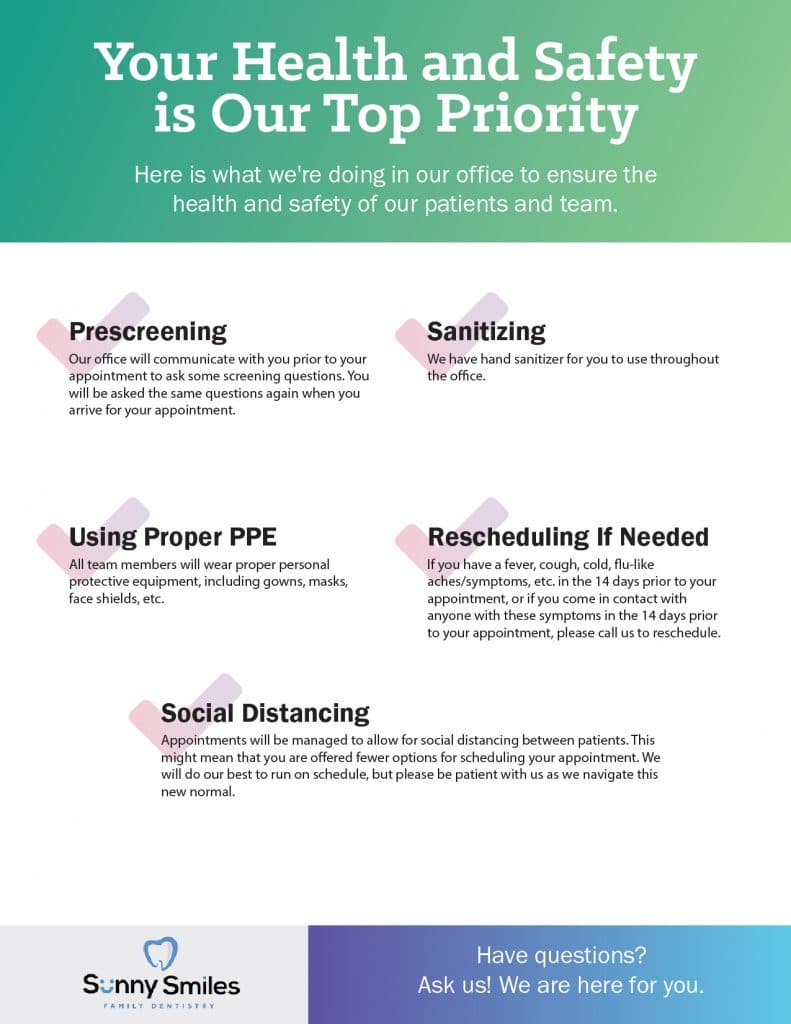 Getting enough sleep is important for several reasons. You need sleep to stay energized and focused throughout the day, and your mind and body need the rest to rejuvenate your organs, tissues, and cells. But some influences, like sleep apnea, can deprive you of rest, even when you aren’t aware of it. Sleep apnea causes you to stop breathing in your sleep, forcing your body to wake up and breathe again. Even if you don’t realize that it’s happening, sleep apnea can continue interrupting your sleep, making it impossible to settle into the deep, R.E.M. stages of sleep that you need.
Getting enough sleep is important for several reasons. You need sleep to stay energized and focused throughout the day, and your mind and body need the rest to rejuvenate your organs, tissues, and cells. But some influences, like sleep apnea, can deprive you of rest, even when you aren’t aware of it. Sleep apnea causes you to stop breathing in your sleep, forcing your body to wake up and breathe again. Even if you don’t realize that it’s happening, sleep apnea can continue interrupting your sleep, making it impossible to settle into the deep, R.E.M. stages of sleep that you need.
What Is Obstructive Sleep Apnea?
Obstructive sleep apnea, or OSA, is a disorder that involves mouth and throat tissues collapsing into your airway as you sleep. These tissues may be abnormally large, or positioned in such a way that collapsing into the airway is only natural when relaxed. As the airway becomes increasingly obstructed, your breath is forced through a narrower area, and the raised air pressure causes your throat tissues to vibrate loudly. As the airway closes, the sound will abruptly stop for several moments, then begin again as you gasp awake and start to breathe, restarting the cycle.
If I Snore, Does That Mean I Have OSA?
The problem with OSA is that you might not realize you have it because the interruptions to your sleep do not typically wake you from consciousness. Snoring is often a factor that prompts patients to seek treatment, but just because you snore doesn’t mean that you have sleep apnea. A careful examination and, if necessary, a test at a trusted sleep lab will tell your dentist whether or not you have sleep apnea.
Stop Snoring and Treat Sleep Apnea Today
If you’re diagnosed with sleep apnea, then your dentist may be able to fit you with a custom-designed oral appliance. As an alternative to the commonly prescribed CPAP machine (continuous positive airway pressure machine), a custom appliance will support your lower jaw to prevent tissues from blocking your airway while you sleep.




